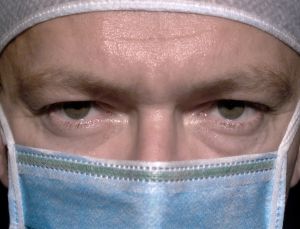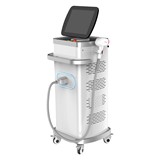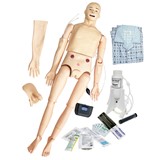The findings prompt the authors to suggest that recent changes in medical undergraduate training may be to blame.
The authors trawled five major research databases to find published studies appearing between 1993 and 2011, covering the preparedness of UK medical graduates in acute care and other required competencies set out by the professional regulator in Tomorrow’s Doctors.
Tomorrow’s Doctors is designed to guide the content of UK medical school curricula and lists 16 outcomes, for which newly qualified medical graduates need to be able to show demonstrable competence to prove they are properly prepared for clinical practice and junior doctor training.
In all, 10 out of 256 relevant studies were included in the analysis, and scored according to preparedness ratings to enable them to be compared effectively.
The analysis showed that UK medical graduates feel least well prepared to look after acutely ill patients and to prescribe drugs. And their professional colleagues tend to agree with that assessment.
They too perceive newly qualified doctors to be the least well prepared in acute care, and furthermore, trends in the ratings given over time suggest that preparedness may have declined since the first publication of Tomorrow's Doctors in 1993.
The studies that included free text responses also indicate that acute care consistently shows up as an area of concern.
Competence in acute care is particularly important, say the authors, because it is relevant for all specialties, whether they are community or hospital based, and is obviously key to helping to cut death rates.
They emphasise that the complexity of acute care means that newly qualified doctors are bound to feel a little anxious about their abilities, particularly in time pressured and increasingly litigious environments. And it is perhaps a good thing from the patient safety perspective that they call on senior colleagues for help, they say.
But they add: "However, it is of concern that graduate preparedness in acute care, as perceived by their professional colleagues, compares so unfavourably with preparedness in other outcomes and appears to be trending downwards."
And they conclude: "The results of this study suggest that recent changes to UK undergraduate training, while improving preparedness in some areas, may have neglected acute care skills."
















